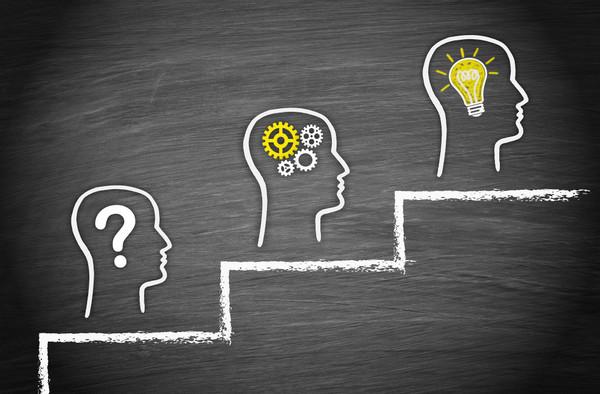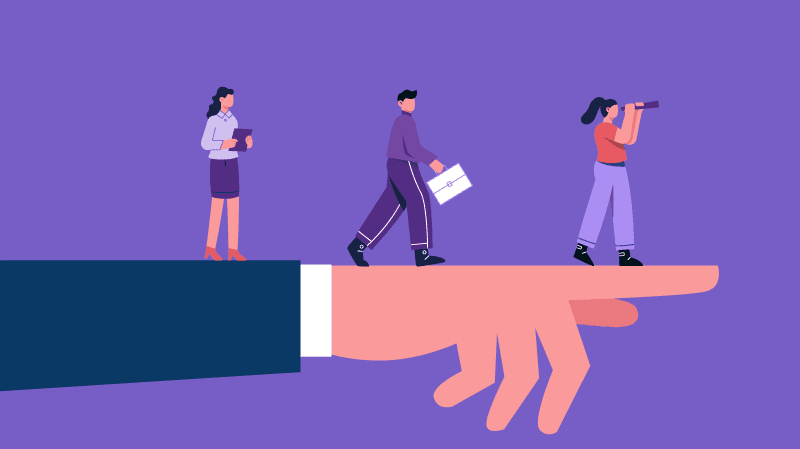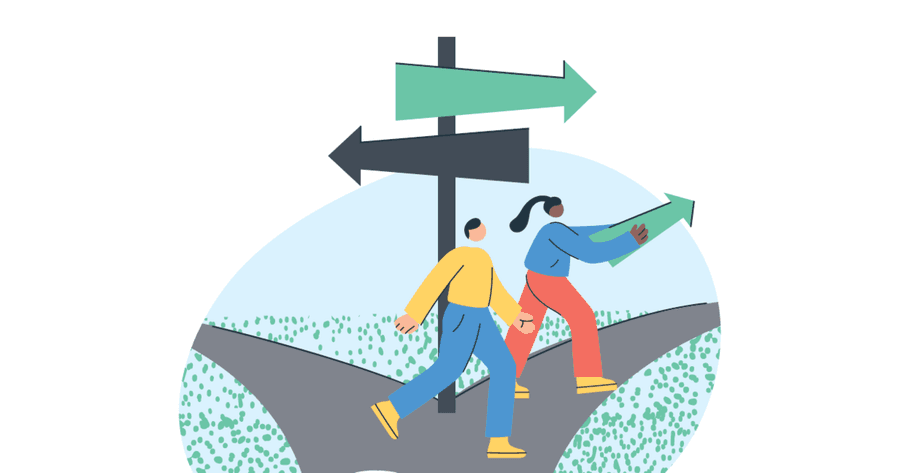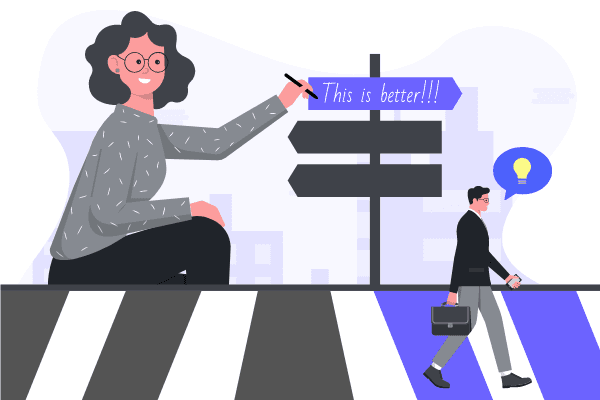Helping people make better choices — Nudge Theory and Choice architecture
Curated from: medium.com
Ideas, facts & insights covering these topics:
5 ideas
·8.96K reads
45
1
Explore the World's Best Ideas
Join today and uncover 100+ curated journeys from 50+ topics. Unlock access to our mobile app with extensive features.
The nudge theory
Behavioral economists show that when humans make quick decisions under pressure, it is based mostly on intuition. They are unconsciously guided by biases and psychological fallacies.
The nudge theory suggests making subtle interventions to nudge people to make certain choices without restricting them. Putting the fruit at eye level counts as a nudge.
323
2.45K reads
A choice architect
The task of a choice architect is to organize the context in which people make decisions.
Changing the context in which people make choices can make desired behaviors easier to accept.
281
1.84K reads
Intuitive and reflective thinking
- Intuitive and automatic: This kind of thinking is quick and feels instinctive. You duck when a ball is thrown at you unexpectedly.
- Reflective and rational: This thinking is deliberate and self-conscious. You use this system when you have to decide which route to take for a trip.
276
1.43K reads
The need for nudge theory: the Japanese example
Japanese train stations use nudge theory.
- Blue lights improve the mood of commuters and reduce suicide attempts.
- The door closing jingle lighten the highly stressed peak hour commute.
- A high-frequency tone at station entrances reduce teenage loitering as the 17kHz can only be heard by people under 25 years.
325
1.72K reads
Why people comply when they are nudged
Biases are hardwired and difficult to change. To change behavior, attention is not paid to countering the problematic thoughts, judgments, or predictions. Instead, it has been directed to changing the behavior in the form of incentives or "nudges."
For example, employers have been able to nudge employees into contributing to retirement plans by making saving the default option; you have to actively take steps to not participate.
273
1.5K reads
IDEAS CURATED BY
Damien 's ideas are part of this journey:
Learn more about personaldevelopment with this collection
How to make rational decisions
The role of biases in decision-making
The impact of social norms on decision-making
Related collections
Similar ideas
14 ideas
An Introduction to Behavioral Economics
behavioraleconomics.com
4 ideas
8 ideas
How to Make Smarter Decisions by Designing Your Defaults
dansilvestre.com
Read & Learn
20x Faster
without
deepstash
with
deepstash
with
deepstash
Personalized microlearning
—
100+ Learning Journeys
—
Access to 200,000+ ideas
—
Access to the mobile app
—
Unlimited idea saving
—
—
Unlimited history
—
—
Unlimited listening to ideas
—
—
Downloading & offline access
—
—
Supercharge your mind with one idea per day
Enter your email and spend 1 minute every day to learn something new.
I agree to receive email updates



